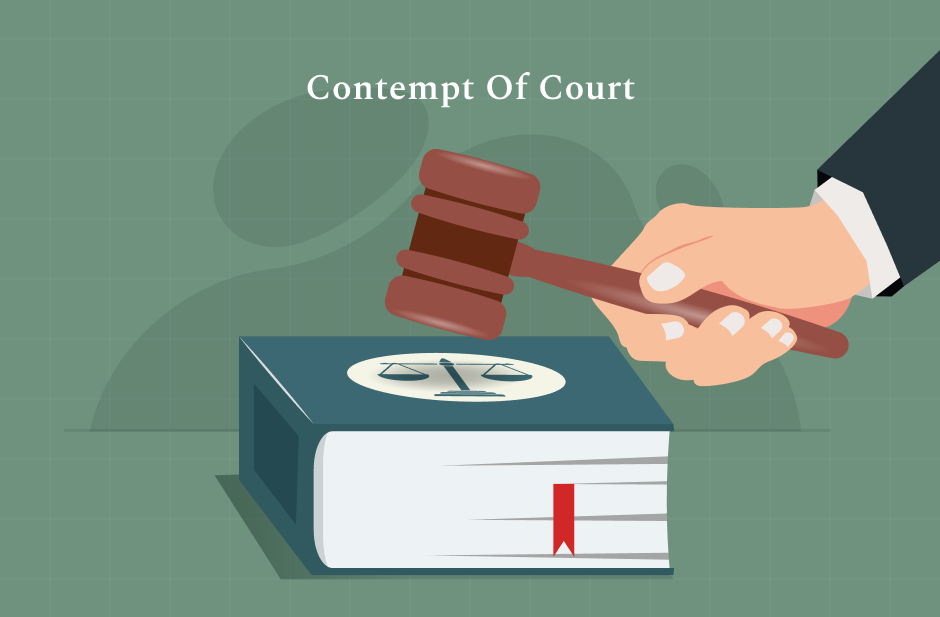Today, we talk about appellate law. The Court of appeals is what we commonly call “appellate courts”. It is a vital segment of the American legal system that deals with reviewing appeals from cases that the lower courts previously.
Individuals or entities dissatisfied with the outcome of a trial in lower courts can file an appeal in the appellate court. Through these, they can request a review of the decision. Thus, under appellate law, when the appeal holds validity, the higher court may overrule the initial ruling. Appellate courts exist in both state and federal jurisdictions. The trial, objections in court, evidence, and all other steps remain the same in an appeal. However, they do not involve a jury in their proceedings.
What Is Appellate Law?
Appellate is a distinct legal practice dedicated to reviewing and challenging decisions rendered in lower courts. Attorneys specializing in this field navigate the complex appeals process. They assess, analyze, and present cases that have already undergone trials or hearings in lower jurisdictions.
Additionally, their primary focus lies in examining the legal aspects, precedents, and procedural intricacies. They hardly present new evidence or witness testimonies, although it may happen in some cases. This is what sets appellate law apart from trial law.
What Is An Appeal?
An appeal in U.S. law is the process through which a party wants a review or reconsideration of a lower court’s decision. There are two conditions in an appeal. They seek the review from a higher court. Moreover, they seek the appeal when they are dissatisfied with a lower court’s decision.
Additionally, this process does not involve the re-examination of evidence or the presentation of new evidence. However, the appeal is more about legal arguments, and procedures, and thus focuses on potential errors in the initial trial or hearing. The appellate court evaluates whether the lower court correctly applied the law, adhered to proper procedures, and reached a fair and just conclusion.
So, the appellate court may find errors or issues in the initial ruling which are significant enough to affect the outcome. If it does, it may modify, reverse, or remand the lower court’s decision for further proceedings or reconsideration.
Who Are Appellate Lawyers?
An appellate lawyer is a legal professional that reviews lower court decisions in hopes of forming a new case. They prepare legal arguments and examine precedents to present compelling cases before higher courts.
In appellate law, the lawyer argues cases before panels of judges, excluding jury involvement. Thus, this is a notable contrast from trials.
This specialized field operates at both state and federal levels, employing various strategies and procedures that challenge lower court judgments. However, the result of an appeal is contingent upon the appeal’s merit and the strength of the legal arguments presented.
The Post-Trial Emphasis
Appellate law starts and carries out from trial proceedings. They focus extensively on legal strategies, arguments, and interpretations rather than witness accounts.
What Role Does The U.S. Courts of Appeals Play In Appellate Law?
The United States federal judiciary operates the United States courts of appeals as intermediate appellate courts. These courts divide into 13 “Circuits”. Out of these, the system has named 11 of them numerically to cover specific geographic areas.
However, District of Columbia Circuit solely encompasses Washington, DC.
Additionally, the Federal Circuit deals with appeals concerning specialized legal areas and decisions from federal courts nationwide.
Role Of Appellate Courts
The courts of appeals also review specific administrative agency rulings, with the D.C. Circuit hearing the most significant portion of these cases. Appeals from these courts may proceed to the U.S. Supreme Court.
Influence Of Court Of Appeals on U.S. Law
The U.S. courts of appeals exert considerable influence on U.S. law by setting legal precedents that affect millions of citizens. As the Supreme Court reviews only a small fraction of the cases filed annually. It is even less than 3%. Thus, the courts of appeals serve as the final arbiters in most federal cases.
Judicial Structure and Appointments To Appellate Courts
Congress has established 179 authorized judgeships on the U.S. courts of appeals, conforming to Article III of the U.S. Constitution. The President nominates these judges, who receive lifetime tenure and an annual salary of $246,600 (as of 2023) upon Senate confirmation.
However, the actual number of serving judges fluctuates due to vacancies and the active participation of senior judges.
Publication and Accessibility of Decisions
West Publishing publishes decisions made by the U.S. courts of appeals in the Federal Reporter series. This series includes only the decisions designated for publication by the courts.
The authorities compile unpublished opinions separately compiled. It is available through West’s Federal Appendix or various online databases. While court decisions are increasingly accessible online, a few rulings fall under national security reasons.
How Many Appellate Judges Are There In Each Court?
Each circuit varies in the number of appellate judges, with the First Circuit being the smallest. On the other hand, the Ninth Circuit covers a vast geographical and populous area. It is the largest. Statutory laws determine the authorized number of judges and their regular appellate locations.
How To Write An Appellate Brief For Law School?
When preparing an appellate brief, these steps can help you out.
1. Understand why your client should win.
2. Craft an engaging introduction.
3. Simplify the argument and issue as much as you can.
4. Avoid debating the facts.
5. Be aware of the review standard.
6. Address unfavorable facts and laws.
7. Present only your most powerful legal arguments.
8. Draft your brief, then revise and edit it thoroughly.
An Example Of The Importance Of Appellate Law Through A Recent Court Ruling?
The values of ride-sharing giants Uber Technologies Inc. and Lyft Inc. surged in the summer of 2020. This happened after a decision by an appellate court to postpone the enforcement of a new California law. This law mandated that numerous “gig workers,” work as ride-share drivers. According to this ruling, they will fall under the category of employees.
Therefore, this particular case had a substantial impact on appellate law as it showcased the role of the appellate court. The court played a major role in delaying and later enforcing the California state employment law.
Initially, the appellate court intervened, temporarily halting the enforcement of a prior ruling that validated the constitutionality of the employment law.
Thus, we see how appellate courts serve as authoritative bodies that interpret and enforce labor laws. They significantly impact how law and reviews work for major corporations.
To Conclude
Thus, with this we reach the end to our article on appellate law. Thus it stands as a pillar of the judicial system. It offers a platform for reviewing and correcting legal decisions. It shapes precedents, clarifies legal interpretations, and ensures fair and just outcomes.
Read Also:
















